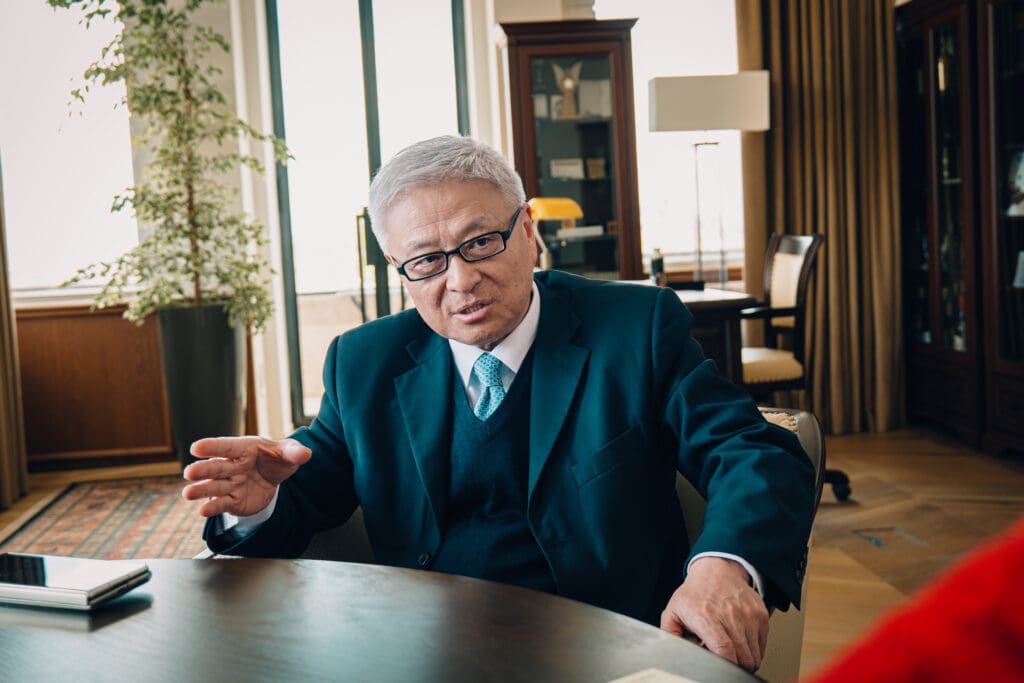
‘Hungary has the ability to initiate some proposals to its neighbours regarding what steps to take to reduce the harmful effects of the war. The region needs to agree on what the long-term interests of its countries in the region are in the shadow of the war in Ukraine,’ China’s foremost political scientist holds.
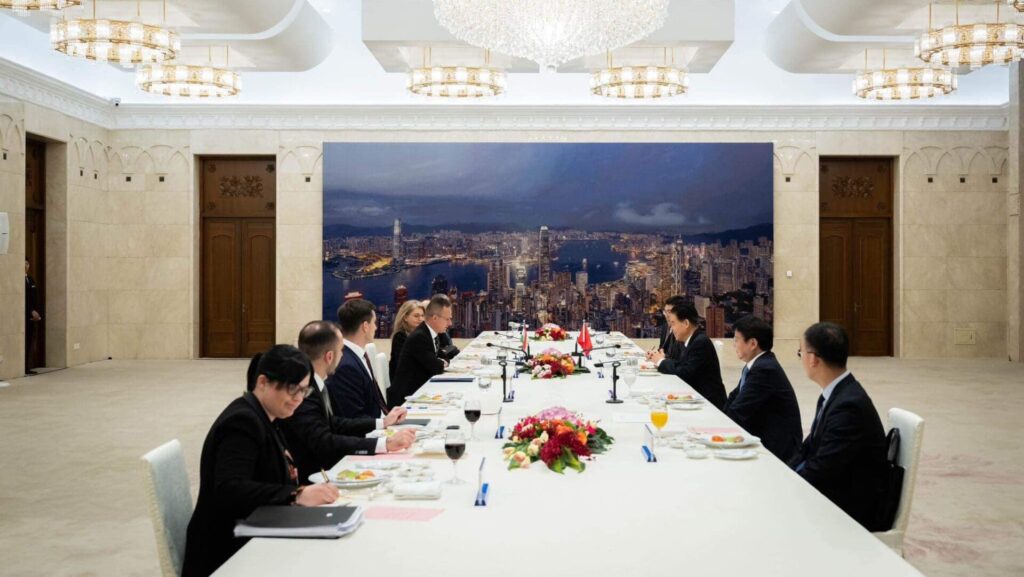
Six direct flights will connect Hungary and China starting this summer, following Hungarian Minister of Foreign Affairs and Trade Péter Szijjártó’s announcement in Beijing on Tuesday of a new service from Budapest to Xi’an. Direct connectivity plays a vital role in Sino–Hungarian economic and trade relations.
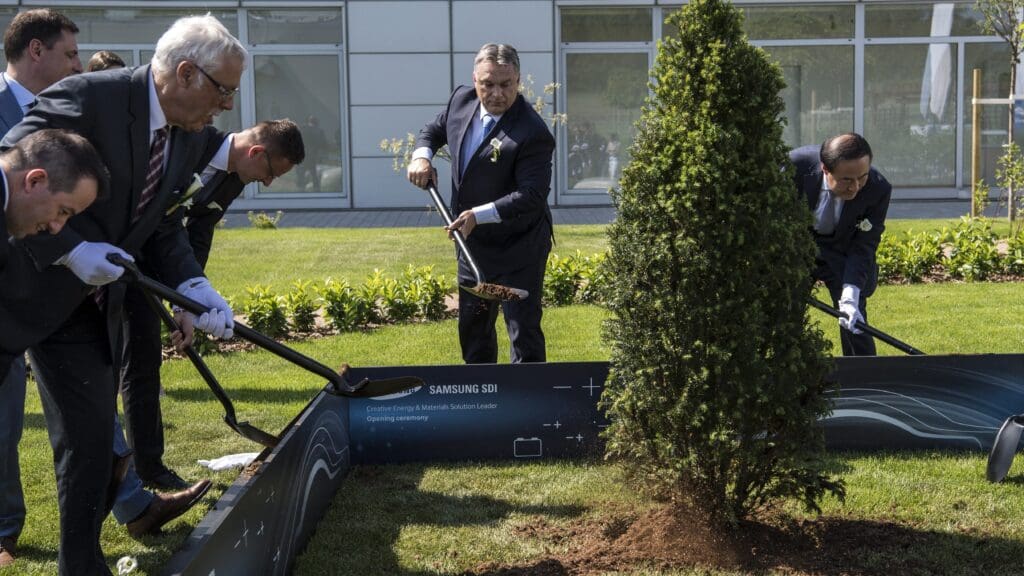
About 5 per cent of the Hungarian GDP is generated by the auto industry, therefore, initially, the EU’s decision to ban the sale of all new combustion-engine cars in 2035 was met with resistance in Hungary. Due to the ban, it is expected that from 2035 on practically only electric vehicles will be allowed to be sold in the European single market, which could have left the Hungarian economy that was dependent on the old technology vulnerable. Fortunately, however, Hungary showed a remarkable ability to adapt to the changing circumstances. In the past two years since the ban was proposed electric battery manufacturers have been engaged, which helps facilitate the green transition of the Hungarian car industry.
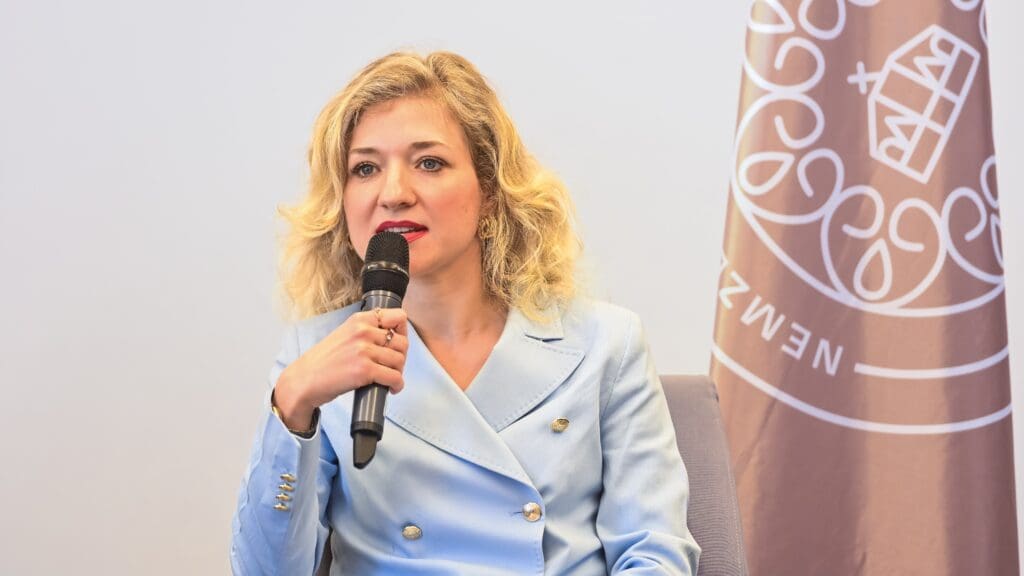
NATO accession, defending the countries of Central Europe, success in academia and standing up for one’s heritage. These topics interest many these days, and Joanna Siekiera is an expert on them. In this interview she discusses the ‘blocking’ of Swedish NATO accession, the influence of smaller EU countries globally, academia and cybersecurity.
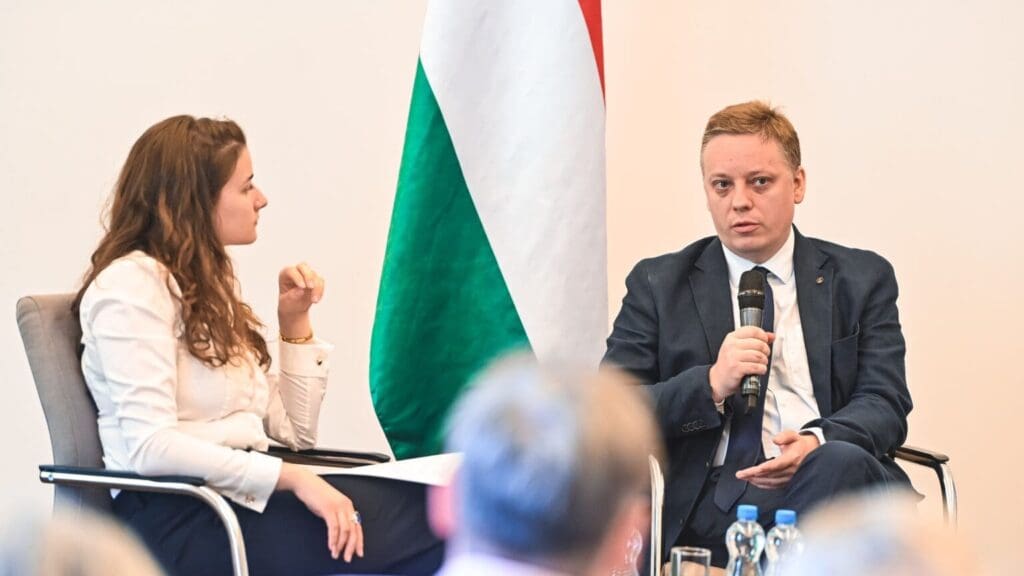
Joanna Siekiera, Arvid Hallén, and Tamás Csiki Varga discussed how the European Union can and should be shaping its common defence policy in the wake of the emerging Russian threat, as well as what role NATO plays in European defence policy.

With increasing international pressure, Ukraine is set to abandon its list of ‘international sponsors of the war’. For a significant period, this list featured the largest Hungarian bank, OTP, leading to considerable tension between Hungary and Ukraine.

‘Western conservatism and mainstream Chinese political thought share an important characteristic: a culturalist worldview that recognizes what is culturally one’s own and, from this basis, acknowledges and accepts the otherness of Others in a pluralistic world of cultures and civilizations. This is a particular form of cosmopolitanism; one may call it conservative.’

‘With Donald Trump in the White House, the abusive relationship between Washington and Budapest will end. U.S. Ambassador David Pressman will be replaced by someone who actually understands the need for an ambassador to be diplomatic. And with the European Union having reduced itself to being a vassal of the Greater American Empire, Hungary will likely be able to count on support from Washington in its everlasting disputes with Brussels.’

‘Communist-inspired wokeness, under the pretension to promote ‘anti-racism’, has not only captivated university campuses and social media, but it has also infiltrated the mindset in the workplace, in both the public and private sectors. This has given birth to cancel culture, which, like the National Socialists, both censors or restricts free speech and erases or reconstructs history to befit whims.’

Addressing the Russo–Ukrainian war in his remarks at the opening event of the Hungarian Chamber of Commerce and Industry’s annual economic conference, Orbán said only ‘a new player, who had no role in the outbreak of this war, can pave a way out,’ clearly alluding to former US President Donald Trump.
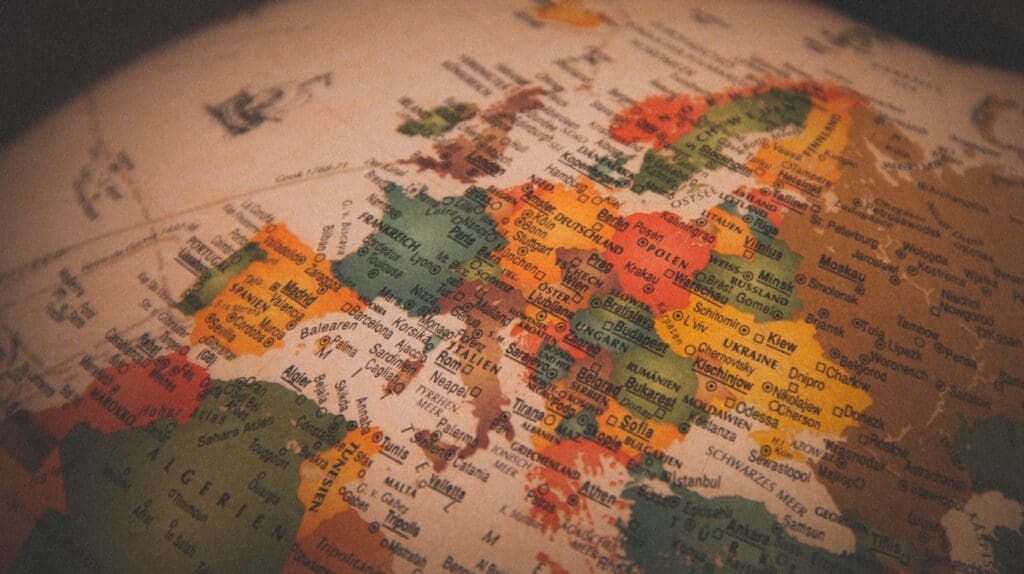
One of the EU’s appeals is its ability to integrate economic regions in its immediate neighbourhood, where it can reap mutual benefits. This is also true for the candidate countries of the Western Balkans, whose future membership has geopolitical and security policy benefits in addition to economic advantages.

‘While Hungary and Poland ensure their reactionary abilities remain strong through their respective memberships in NATO, the rapidly developing world of cyber affairs and the dangers they come with require a proactive approach to avoid potential vulnerabilities in national infrastructure. Budapest has already begun to implement such an approach.’
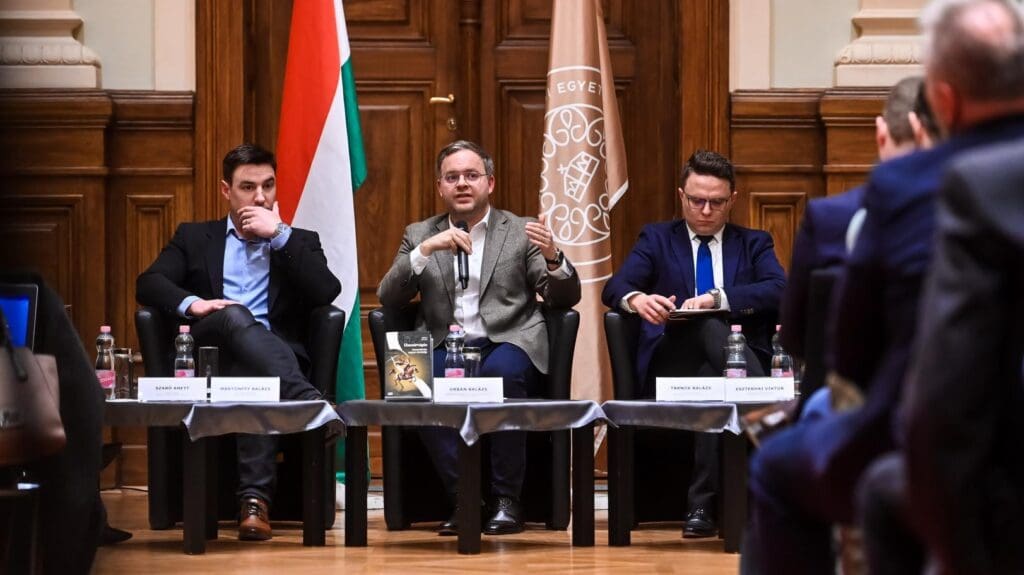
The Prime Minister’s political director Balázs Orbán held a book launch at the Ludovika University of Public Service in Budapest. The new book, now also available in English, looks at the changing geopolitical world order as well as Hungary’s role and place in it.
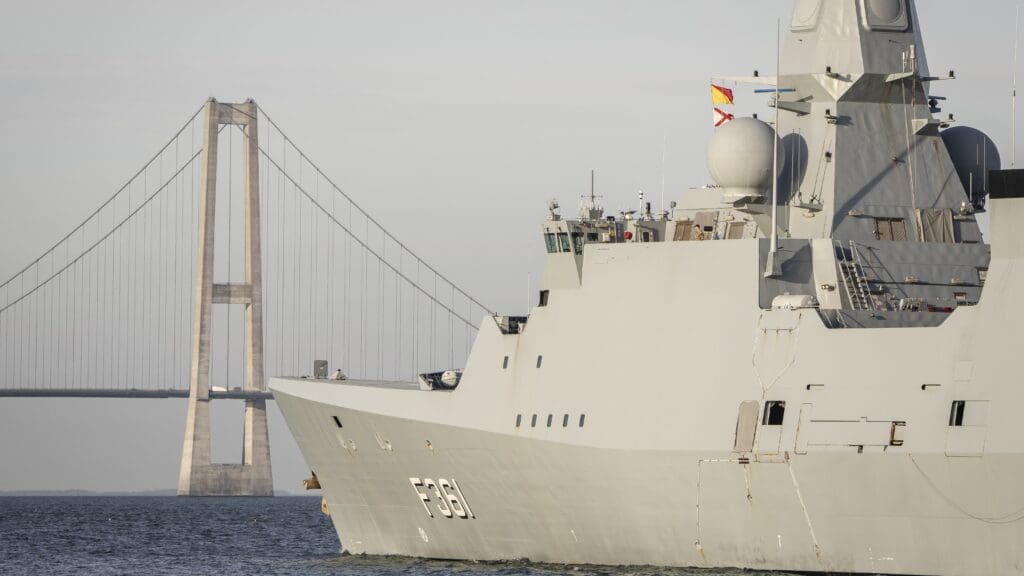
‘How are Europeans supposed to afford the welfare state and support migrants and pay for higher energy prices and pursue remilitarization and revive their economies on the same income without taking on any more undue debt, which is already considerably high?’
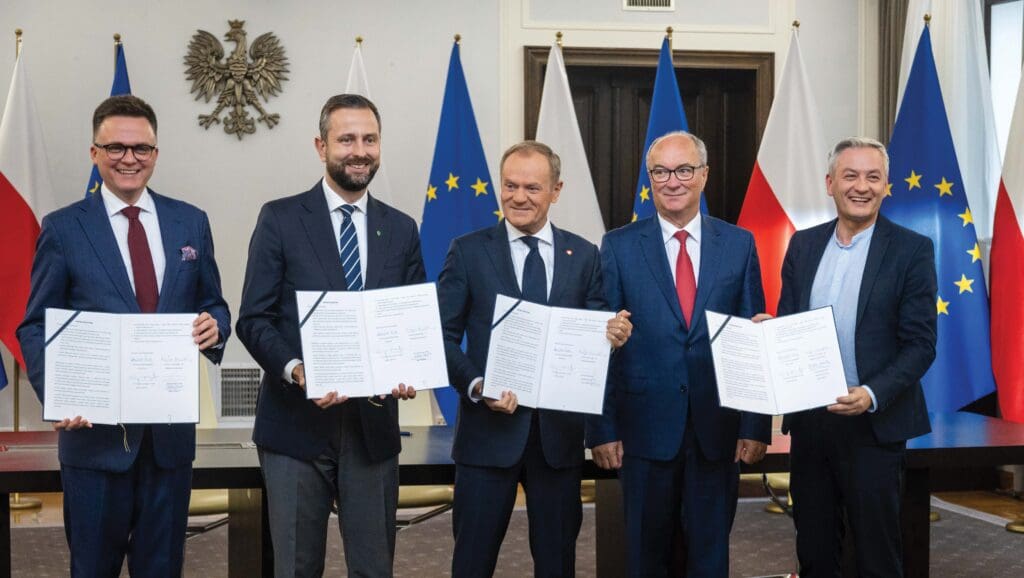
For Hungary, this is an unmitigated disaster. While Robert Fico’s return to power in Slovakia offers some reason for optimism, Hungary’s northern neighbours certainly will not replace the Poles as steadfast, influential allies in Europe.

An interview with US geopolitical analyst and Visiting Fellow at the Danube Institute Carlos Roa on the challenges of the EU, keystone states, the dangers of decoupling, and the ideological reading of the Russo–Ukrainian war.

Despite climate and clean energy transition targets, the current energy crisis has forced many countries to increase coal-based power generation. The question is: can we expect a turn in coal use in the shorter or longer term, and closely related to this, is there any other reason for the rise in coal use for energy than the energy crisis itself?
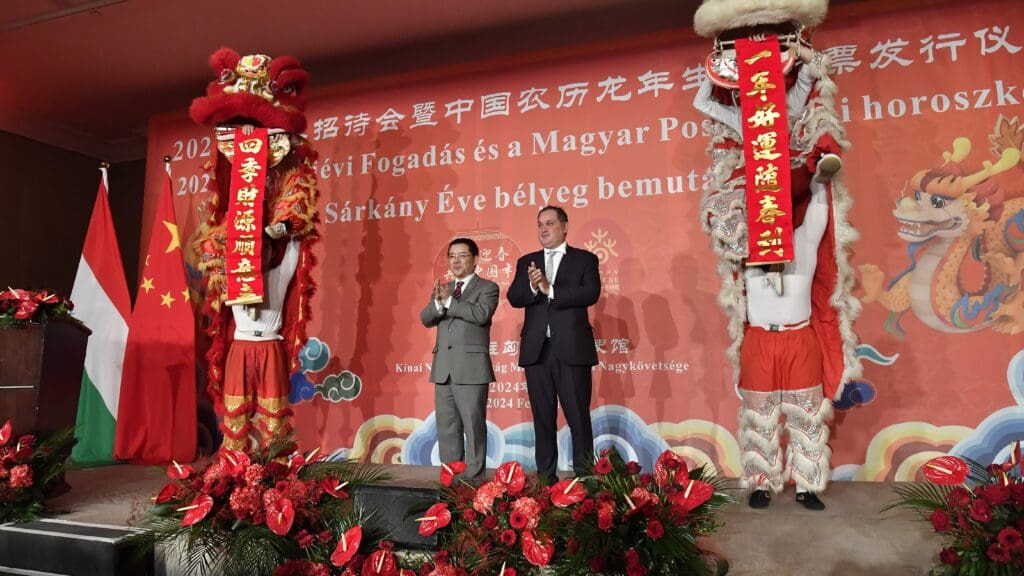
The Hungarian Post issued its eleventh stamp series featuring motifs from the Chinese horoscope, celebrating the upcoming Year of the Dragon, which commences on 10 February.

With the daily flights, the airline’s parent company, China Eastern Airlines, aims to provide even better connectivity between Budapest and Southeast Asia, New Zealand, and Australia.
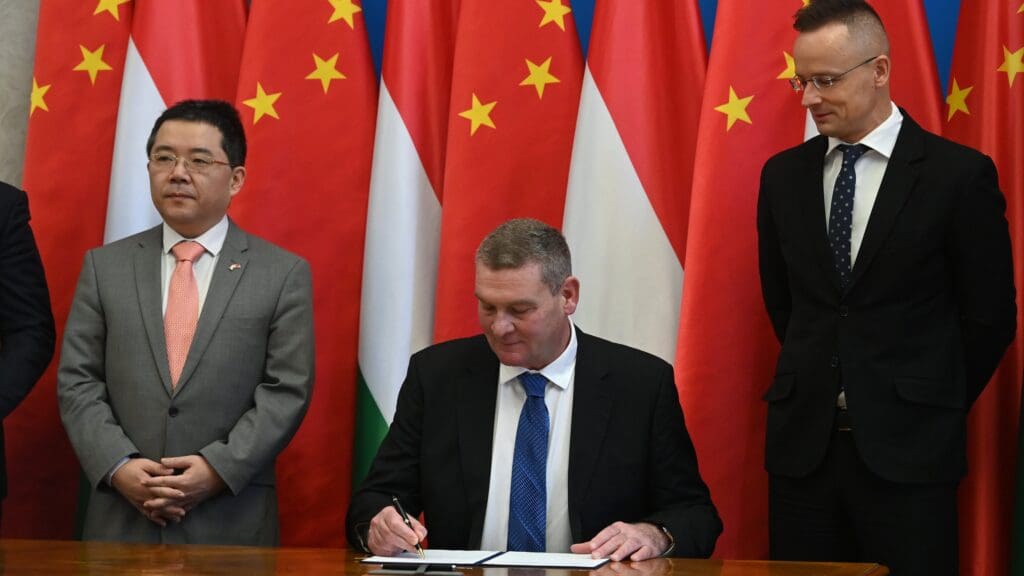
László Botka, the mayor of Szeged, called the signing historically significant for both the city and Hungarian economic history. He welcomed the close cooperation between the Szeged local government and the government on the matter, saying that the common goal is the quick construction of the factory.

One simply cannot put something as complexly different as the Chinese intellectual field onto either the American left–right axis or the West-European ideological taxonomy. Ultimately, the Chinese field is a different world, albeit one that bears affinities with, and shows much interest in, us Western conservatives.
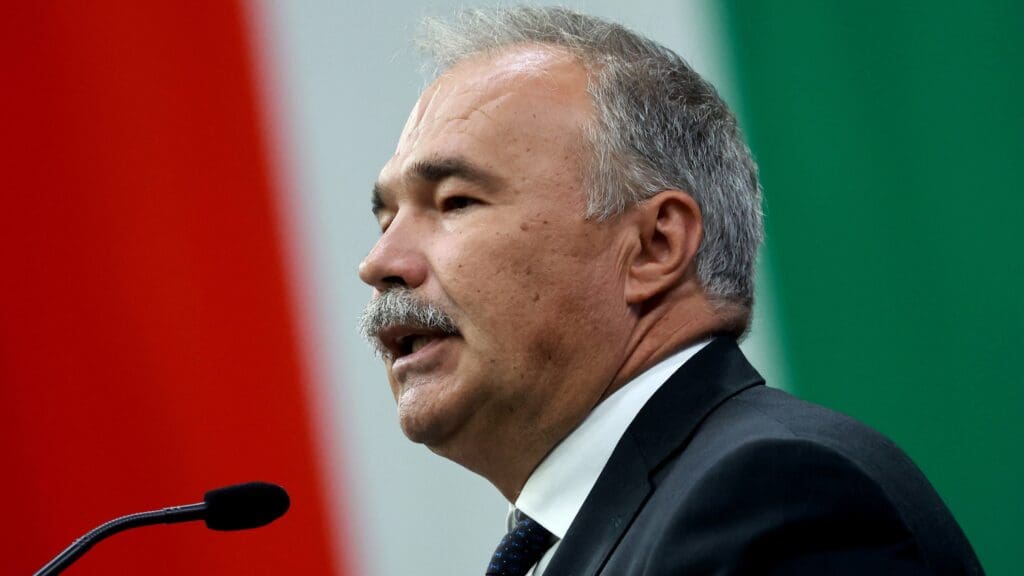
Agriculture Minister István Nagy of Hungary met with his Chinese counterpart, Ma Youxiang, to discuss closer cooperation efforts between the two countries.

According to press reports, BYD Auto Hungary has been registered with a capital of approximately HUF 192 billion, which is twice the annual budget of the city of Szeged, where the Chinese auto giant’s new plant is scheduled to begin production next year.

No doubt, our continent faces deep crises. And yet, if the cause of human trust, autonomy, and creation can be revitalized in our time, it is going to be Europe that proves this.
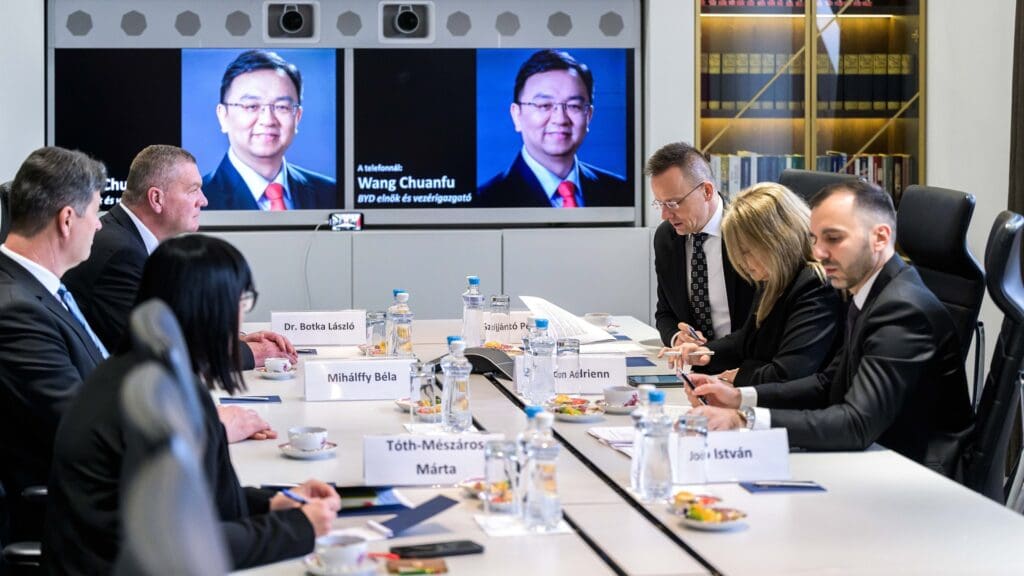
BYD, the world’s leading electric vehicle manufacturer based in Shenzhen, China is opening a new factory in the southern Hungarian city of Szeged. Foreign Minister Péter Szijjártó has called it ‘one of the biggest investment projects in Hungary’s history’.

‘What should Hungarians do? The question—and Orbán’s visionary answer—has meaning beyond Hungary, in ways that Americans and other Westerners only dimly recognize now. And it goes back to the prime minister’s 2014 advocacy of “illiberal democracy” for Hungary.’

Serbia’s geopolitical destiny seems preordained. Encircled by NATO and EU nations and deeply intertwined economically with Europe, Serbia is experiencing a constant drift toward the West while remaining nominally neutral. It is his ability to facilitate this complex and domestically controversial process that makes Vučić so valued by Washington and Brussels.
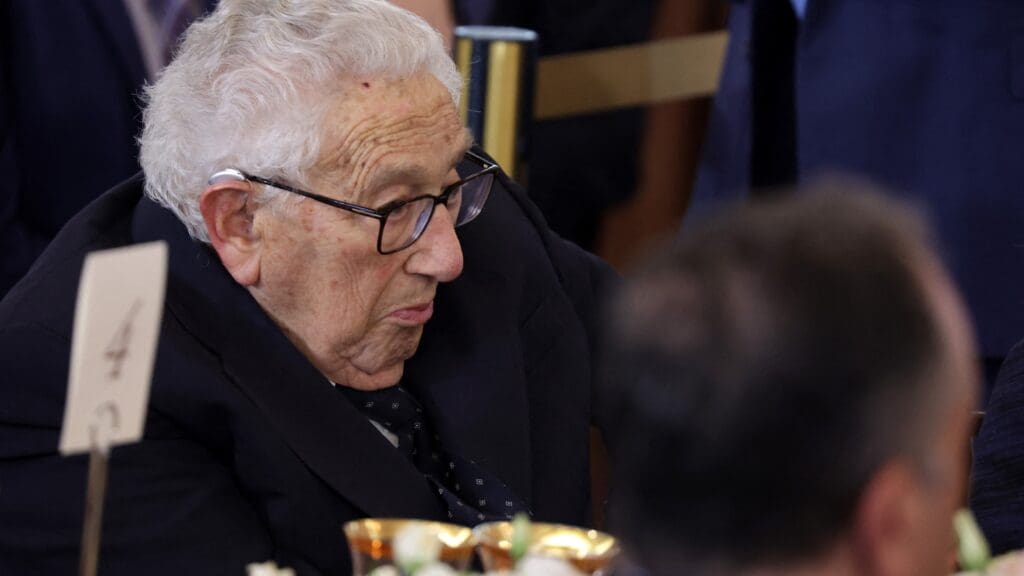
The passing of former U.S. Secretary of State Henry Kissinger marks the end of an era in global diplomacy and strategy. A stalwart in realpolitik with a controversial legacy, his insights are now more relevant than ever before.

‘The fact of the matter is that this is the West’s stupidest war with Britain helping to lead the way: unnecessary, unaffordable, and unwinnable.’

In a bizarre speech, Canadian Liberal MP Mark Gerretsen alleged, with no basis whatsoever, that the Conservatives in parliament oppose the modernized trade deal with Ukraine because one of them had a trip to London paid by the Hungarian Danube Institute last summer.

Hungarian Conservative is a quarterly magazine on contemporary political, philosophical and cultural issues from a conservative perspective.